

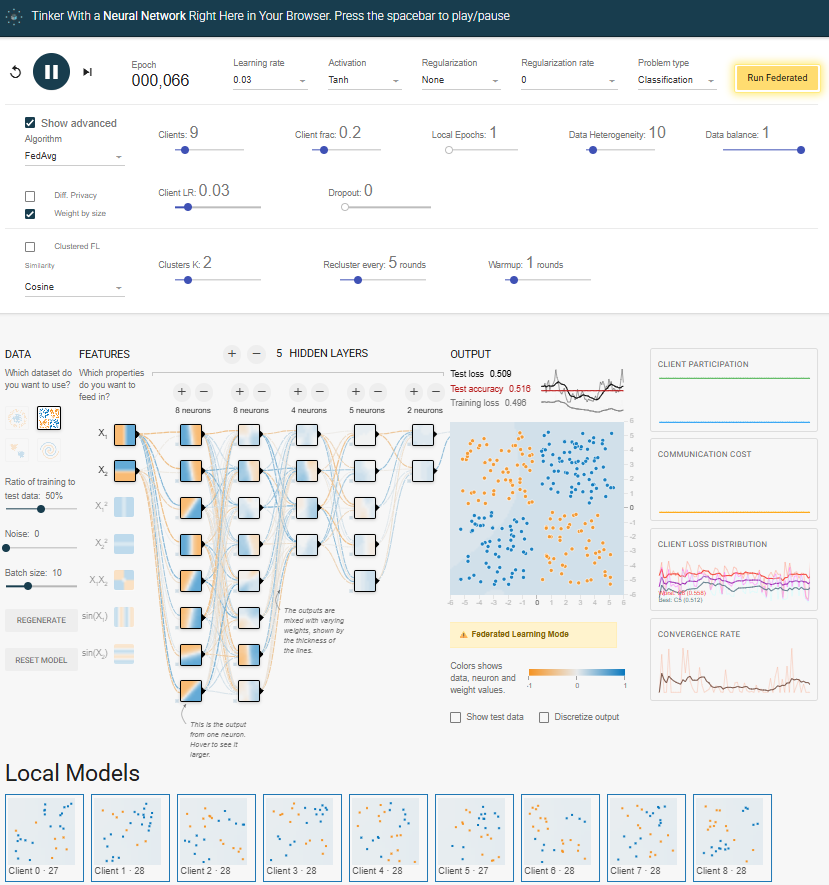
|
Project Title: Federated Learning Playground Keywords: Federated Learning, Training Introduction:
Publication:
|
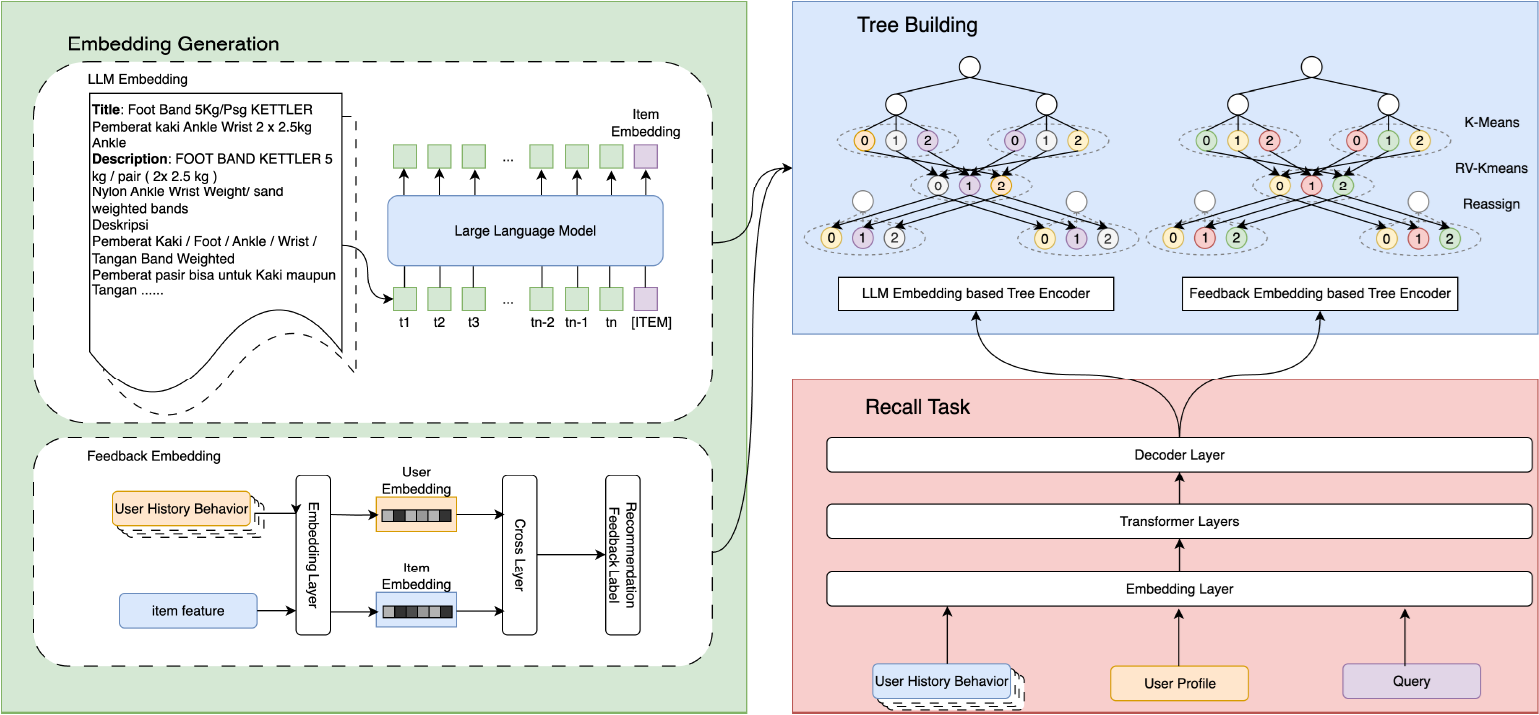
|
Project Title: Aligning LLM Embeddings in Industrial Recommender Systems Keywords: Foundation Models, Recommender System, E-Commerce Introduction:
Publication:
|
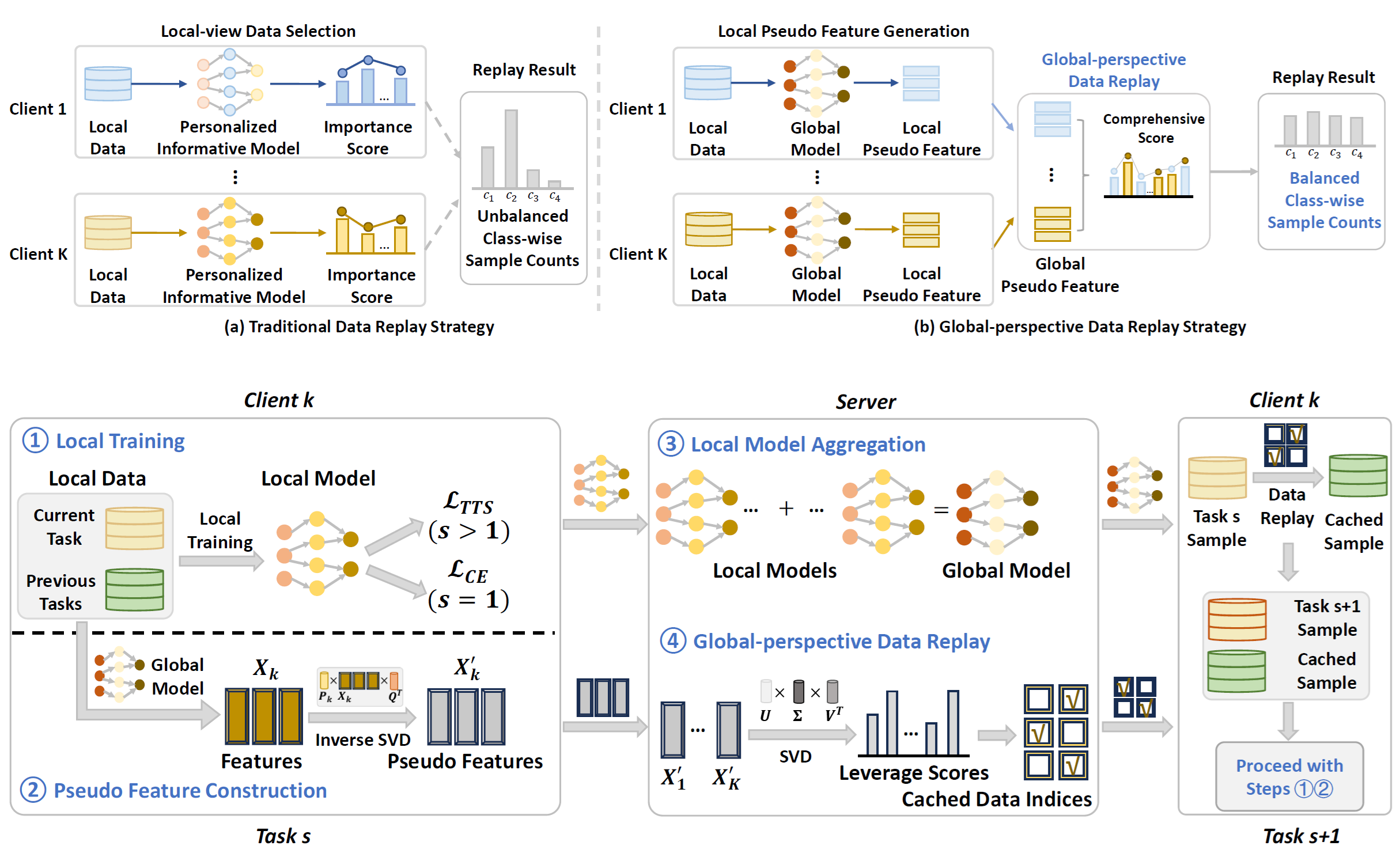
|
Project Title: Federated Class Incremental Learning Keywords: Federated Learning, Class Incremental Learning, Data Replay Introduction:
Publication:
|
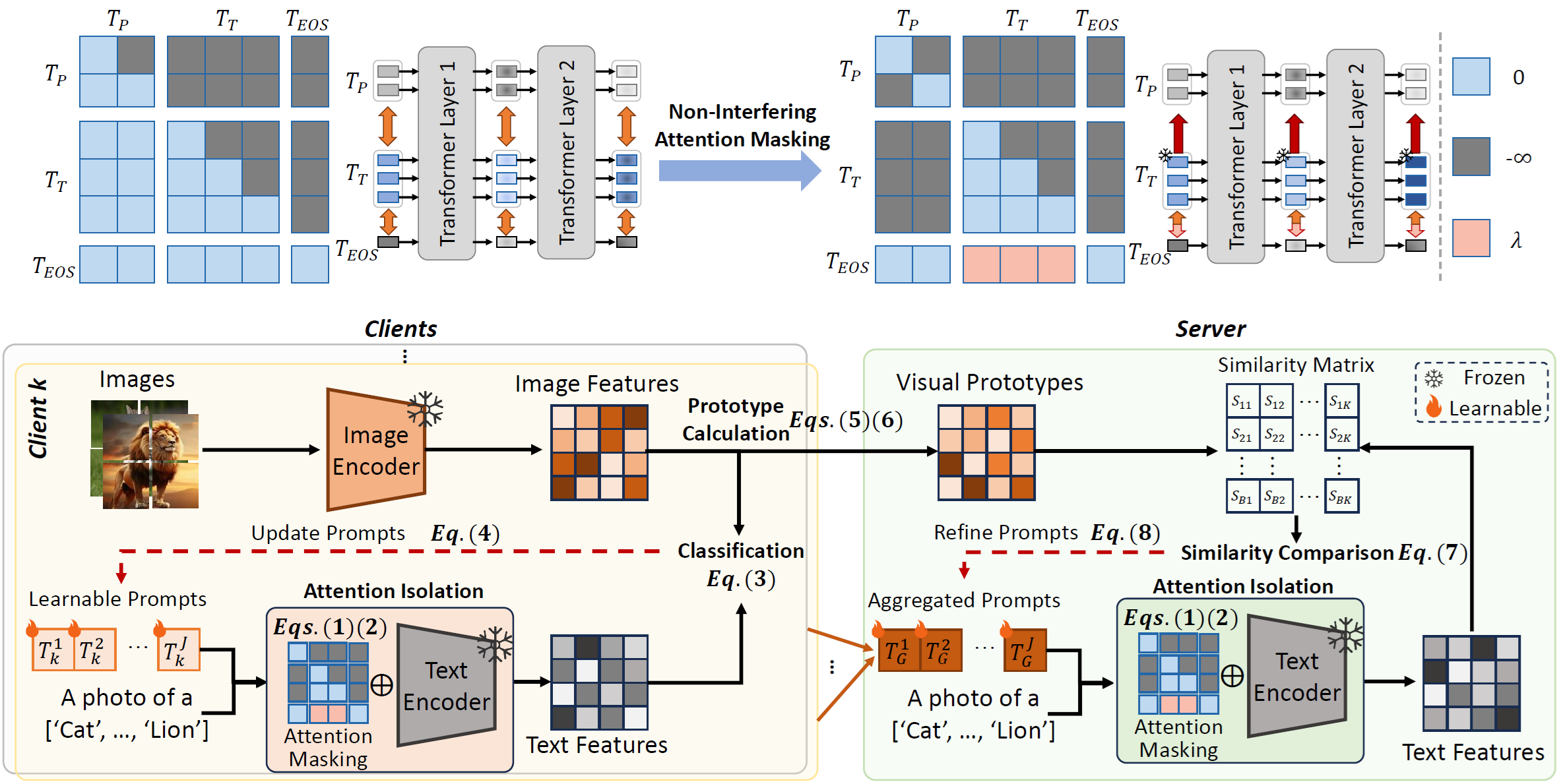
|
Project Title: One-Shot Federated Learning Keywords: Federated Learning, Foundation Models, Prompt Learning, One-Shot Introduction:
Publication:
|
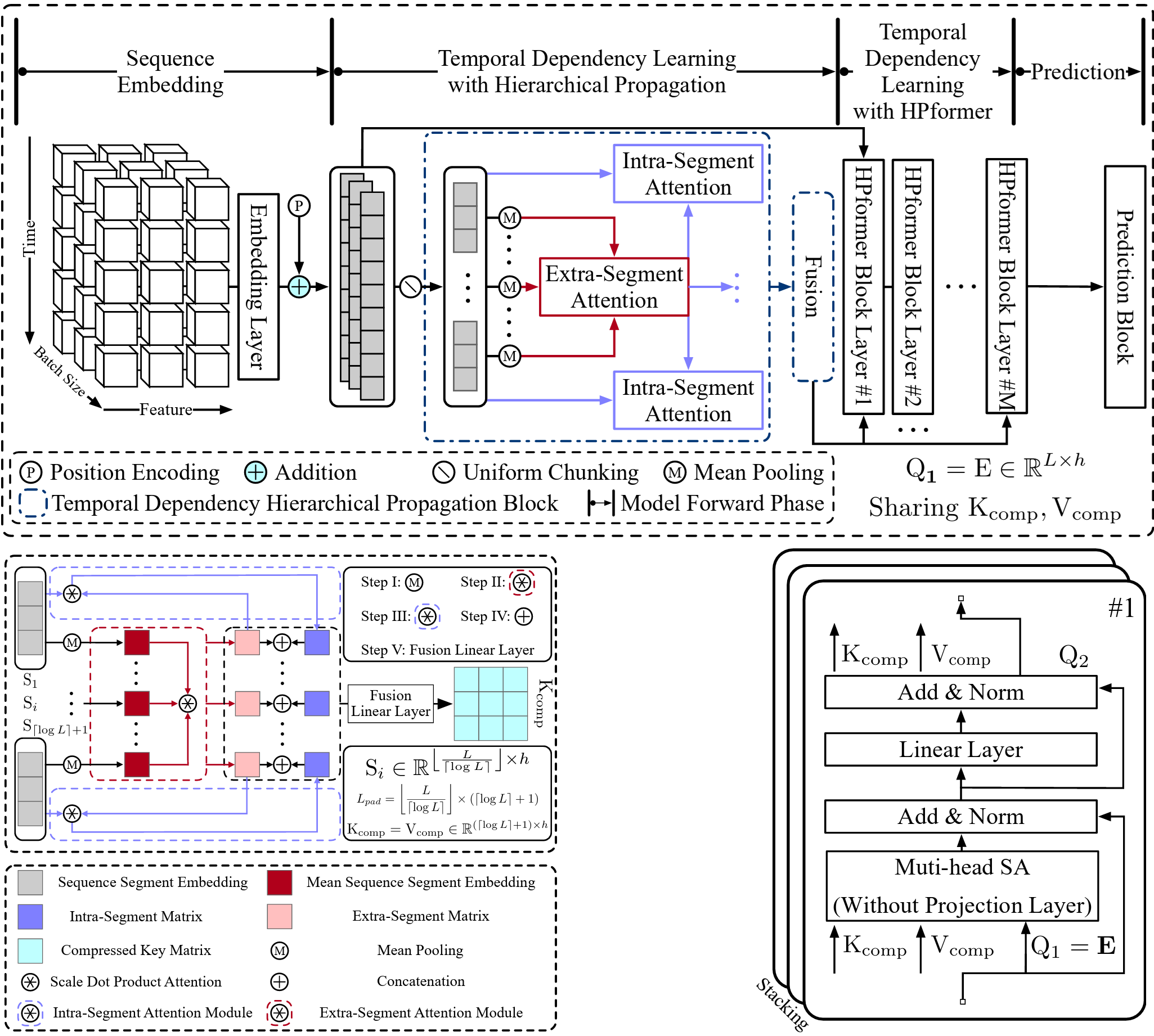
|
Project Title: Low-Parameter Transformer with Temporal Dependency Hierarchical Propagation for Health Informatics Keywords: Foundation Models, Healthcare Introduction:
Publication:
|
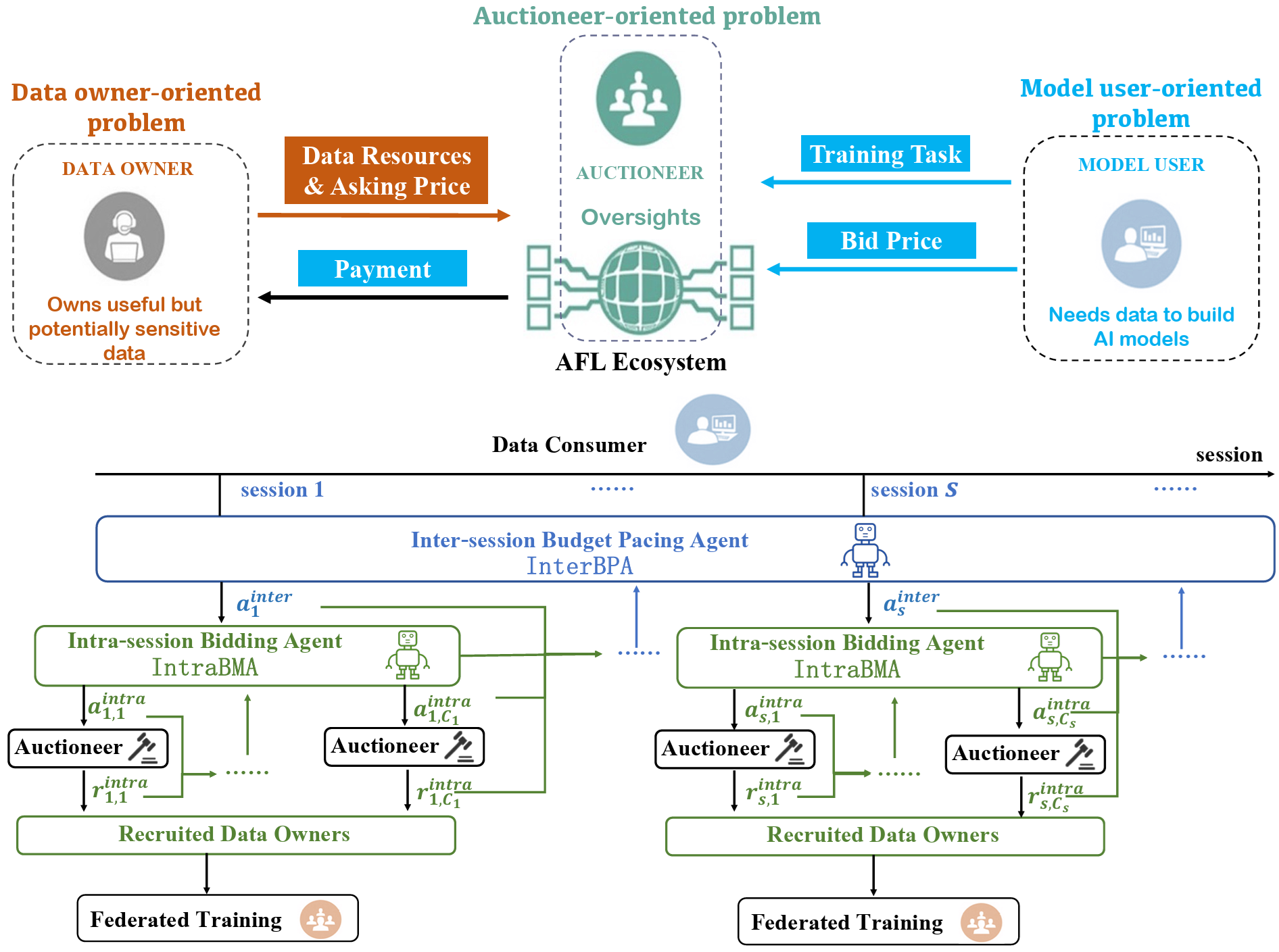
|
Project Title: Multi-Session Budget Optimization for Forward Auction-based Federated Learning Keywords: Auction-based Federated Learning, Temporal Budget Optimization Introduction:
Publication:
|
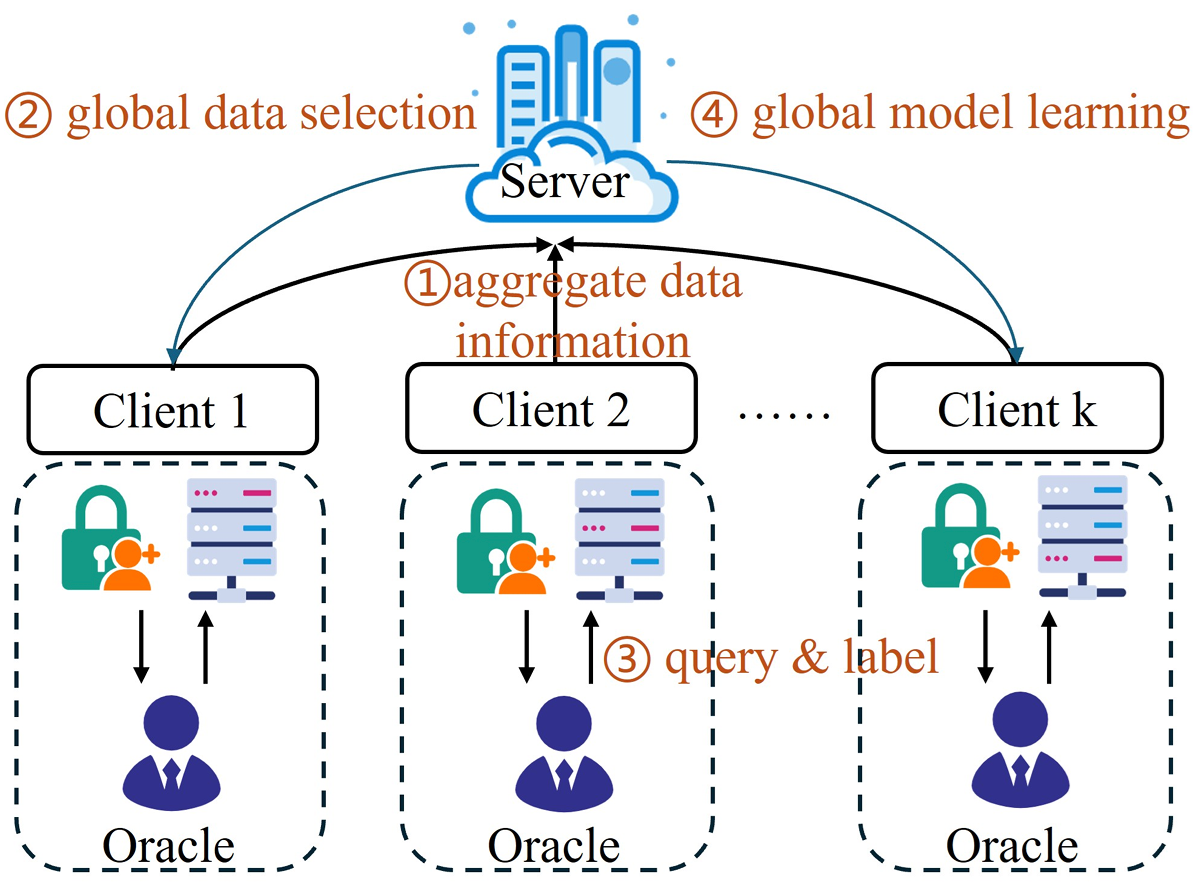
|
Project Title: Efficient Heterogeneity-Aware Federated Active Data Selection Keywords: Federated Learning, Active Learning, Data Selection Introduction:
Publication:
|
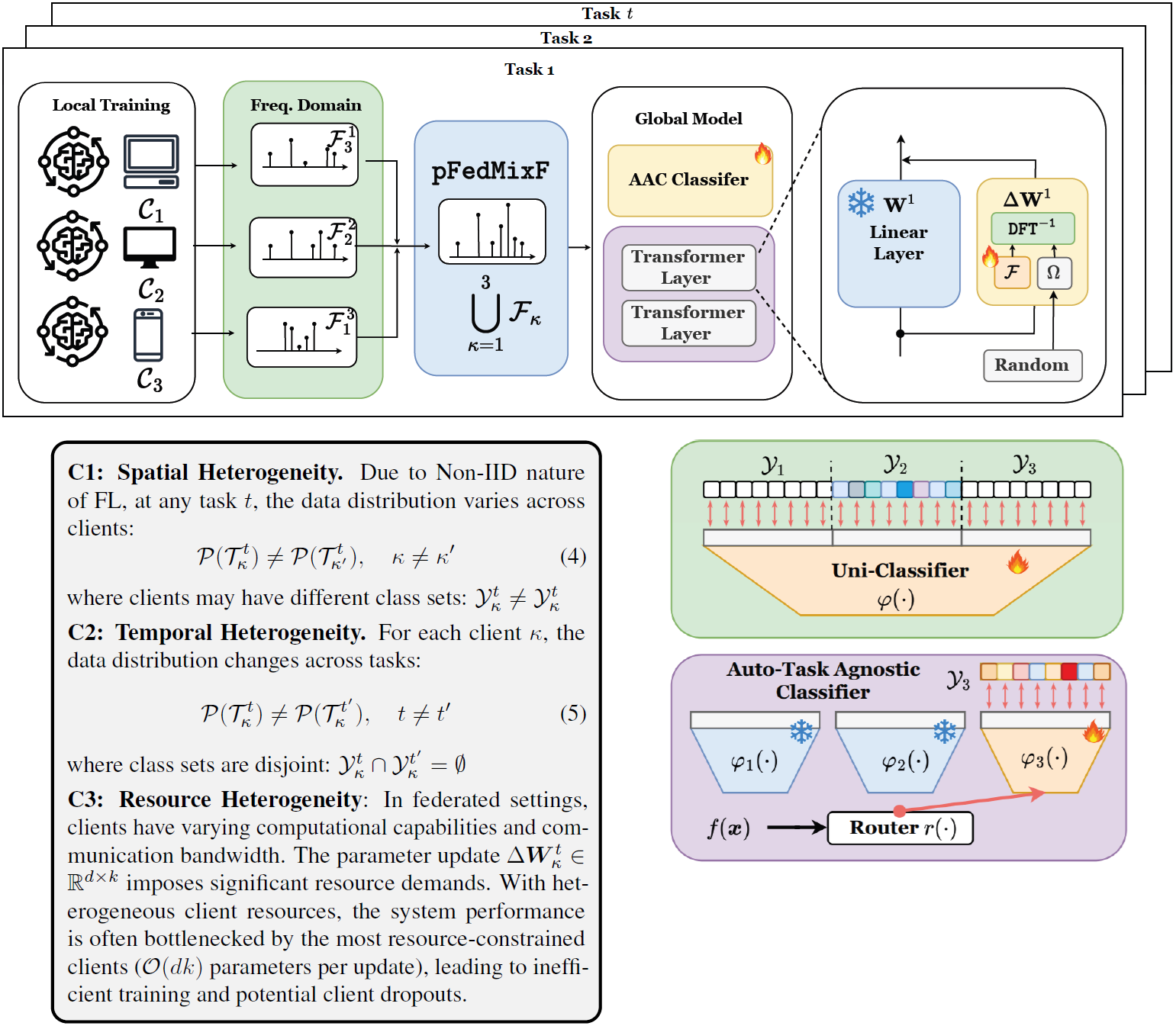
|
Project Title: Federated Mixture of Frequency Aggregation Keywords: Foundation Models, Federated Learning, Frequency Domain Aggregation, LoRA Introduction:
Publication:
|

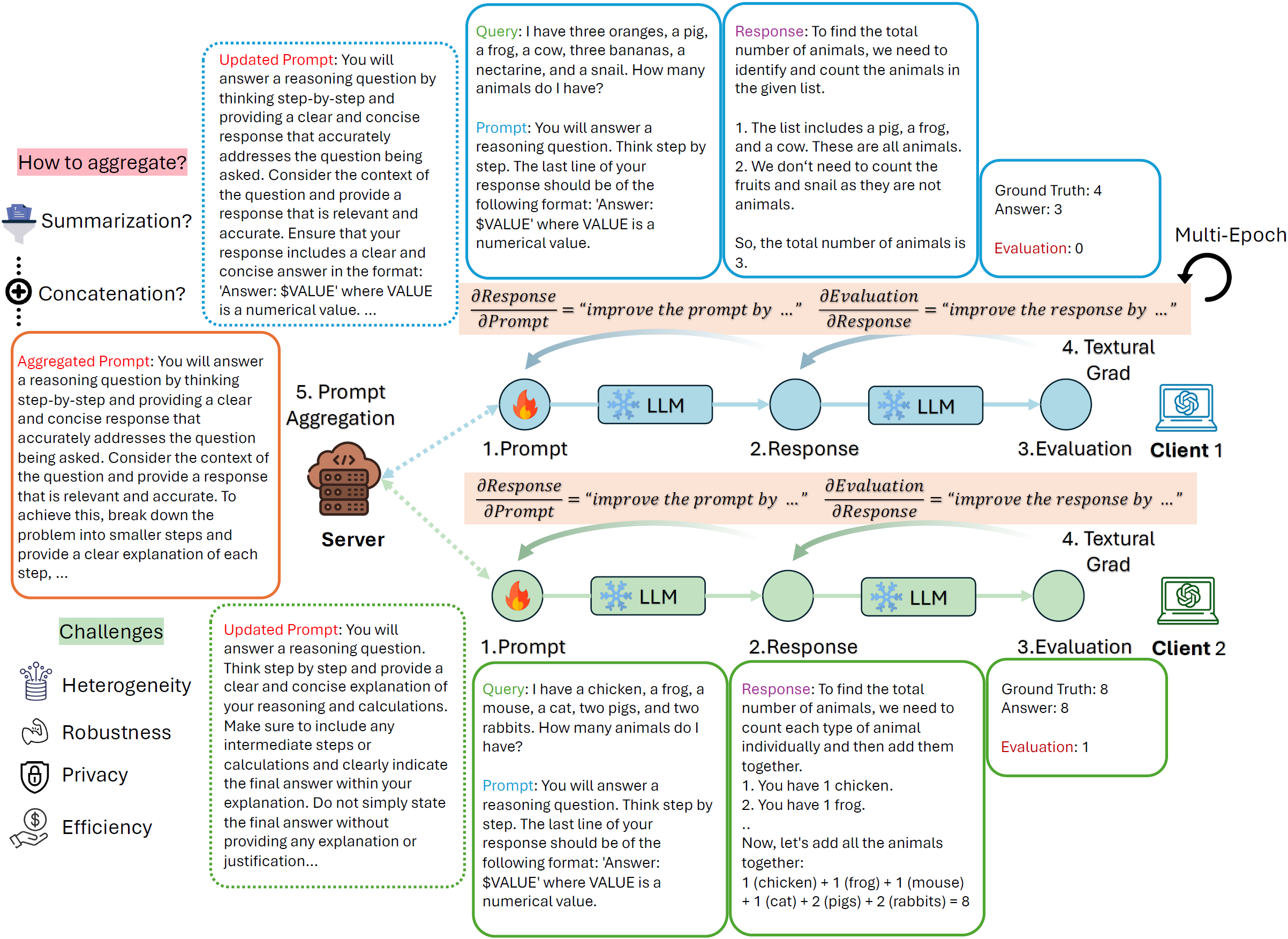
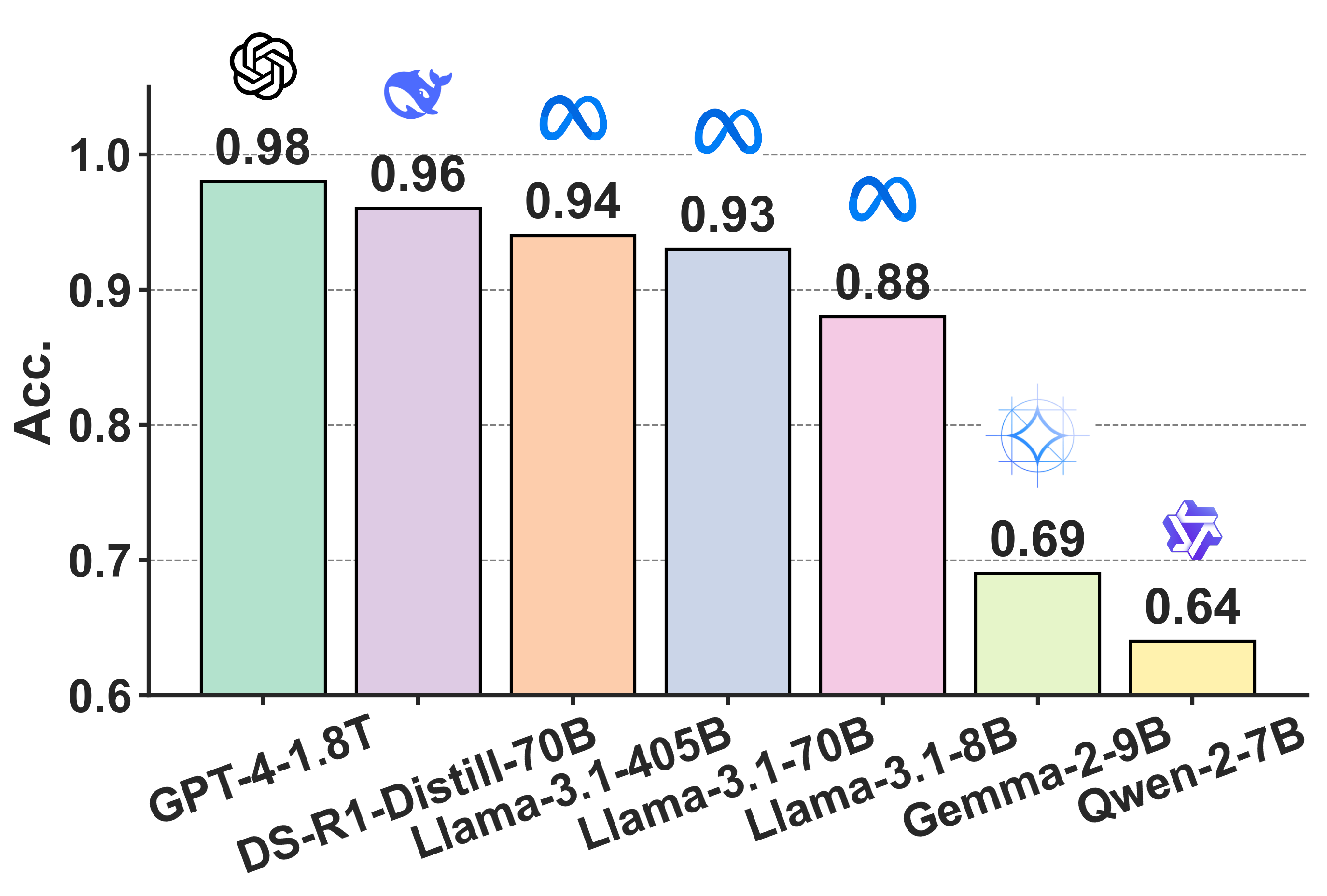
|
Project Title: Federated Textual Gradient (FedTextGrad) Keywords: Foundation Models, Closed-Source, Textual Gradient, Federated Learning, Prompt Optimization Introduction:
Publication:
|
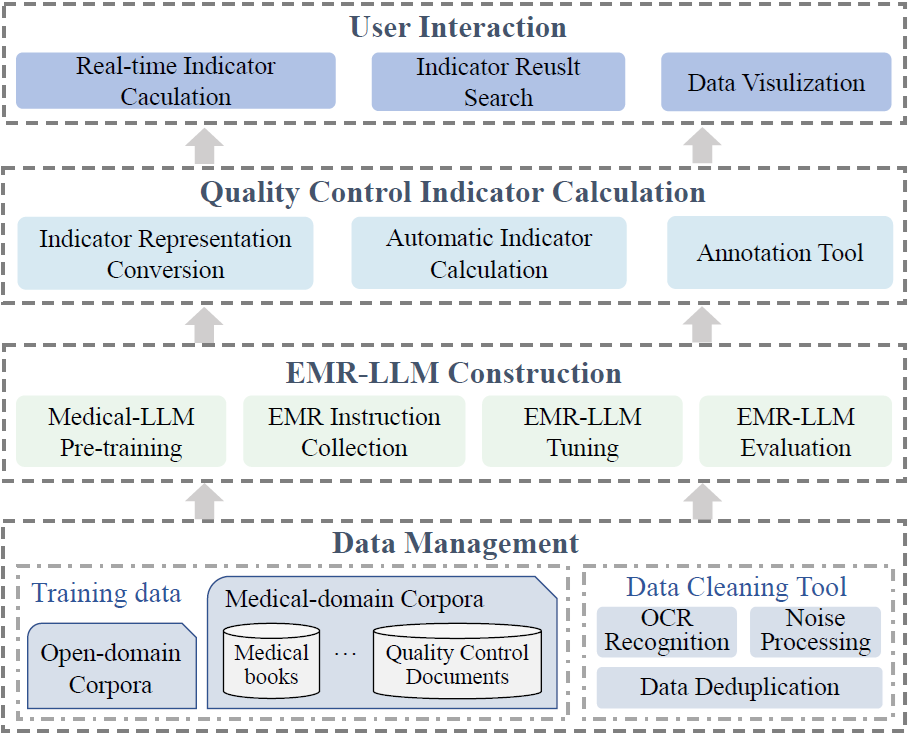
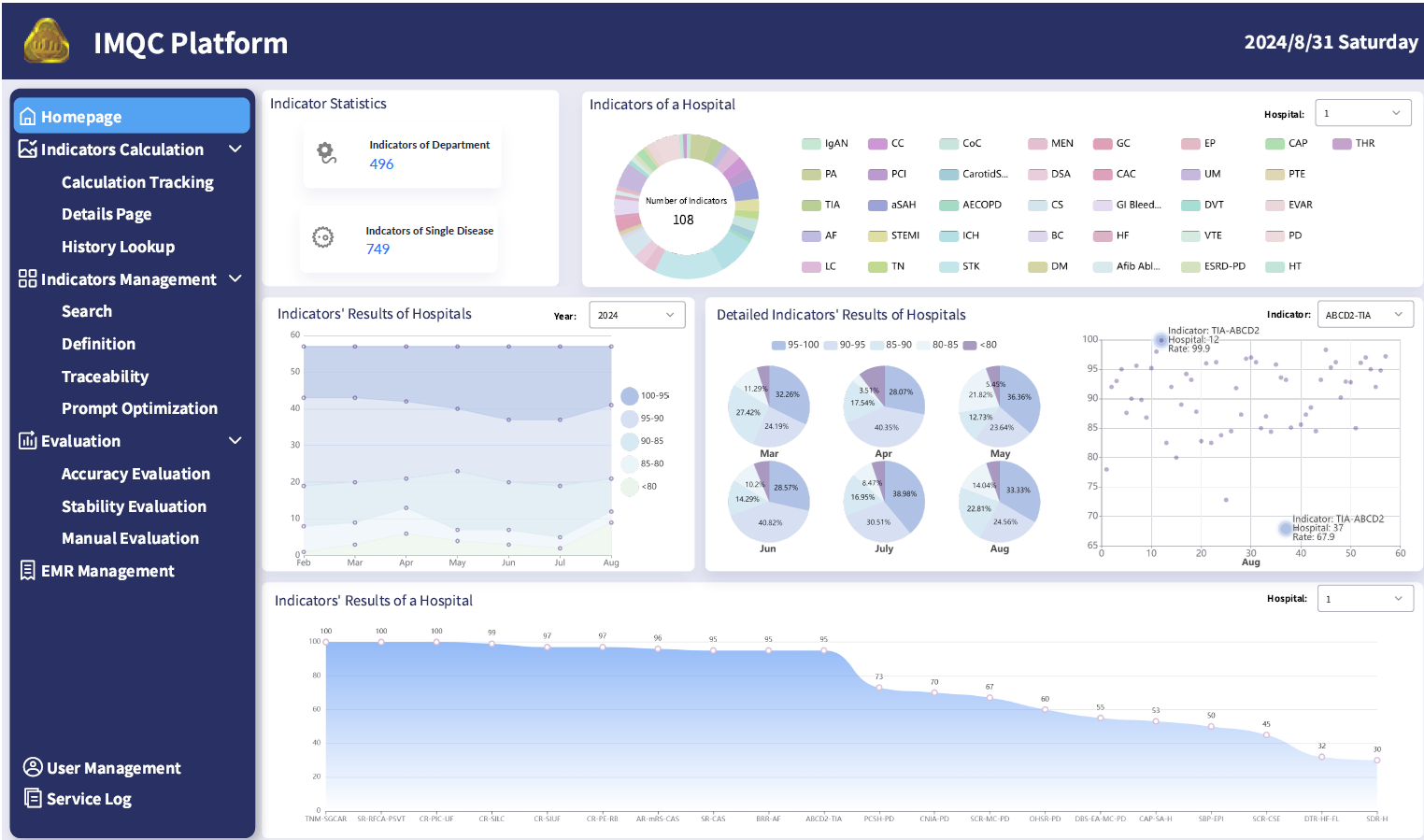
|
Project Title: LLM for Medical Quality Control Governance Keywords: Foundation Models, Healthcare, Quality Control, Auditing Introduction:
Publication:
|
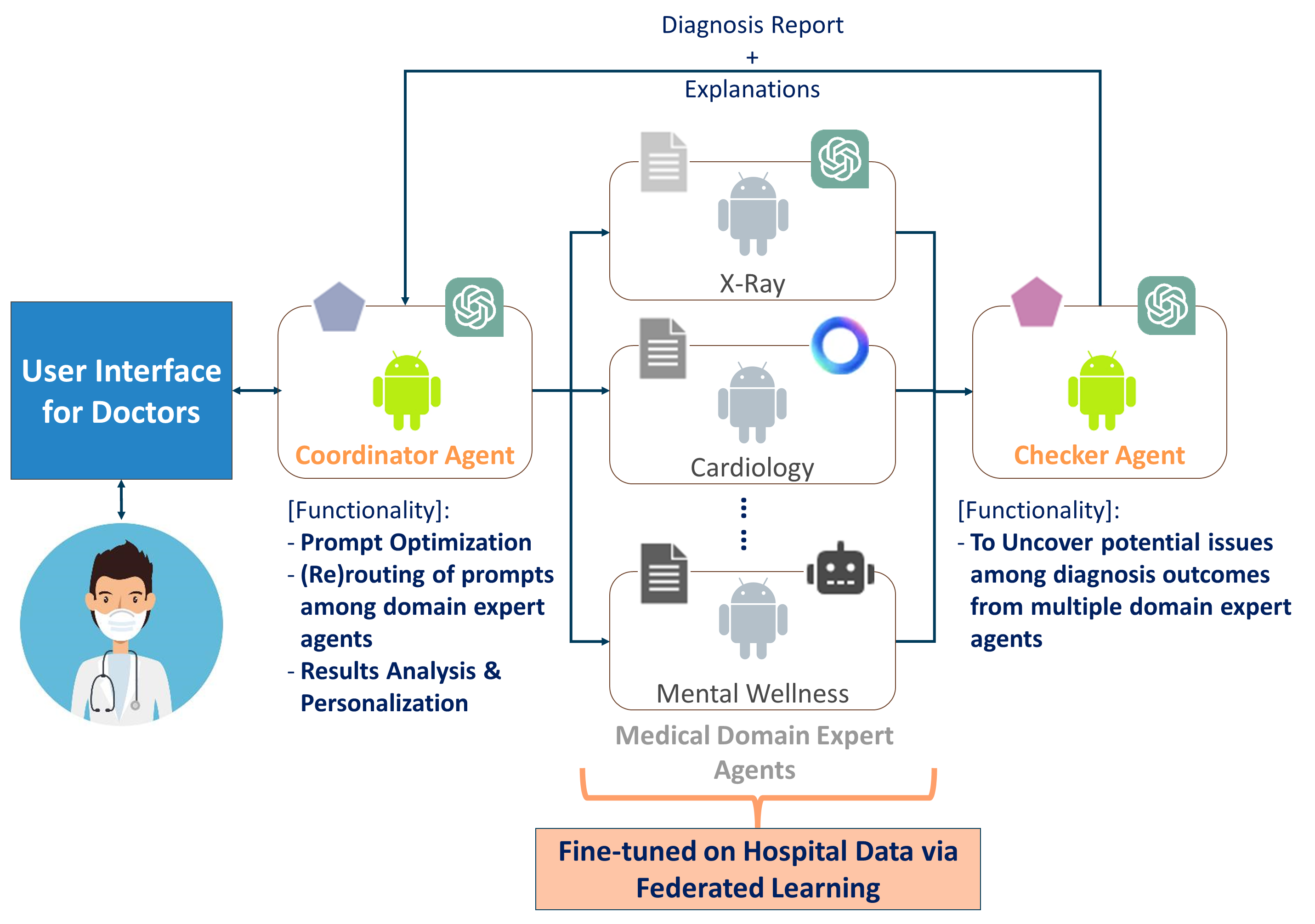
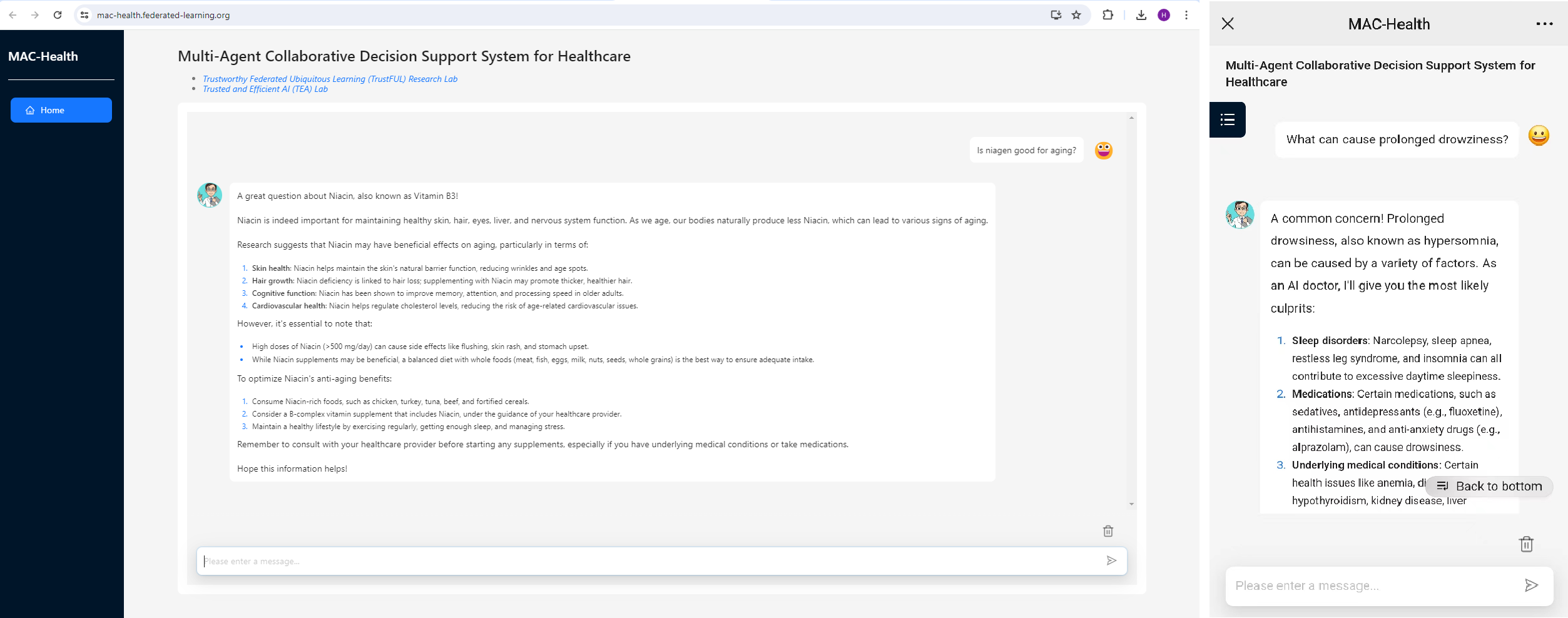
|
Project Title: Federated Multi-Foundation Agent System for Smart Healthcare Keywords: Multi-Agent Decision Support, Foundation Models, Personalization, Privacy-Preservation Introduction:
Publication:
|
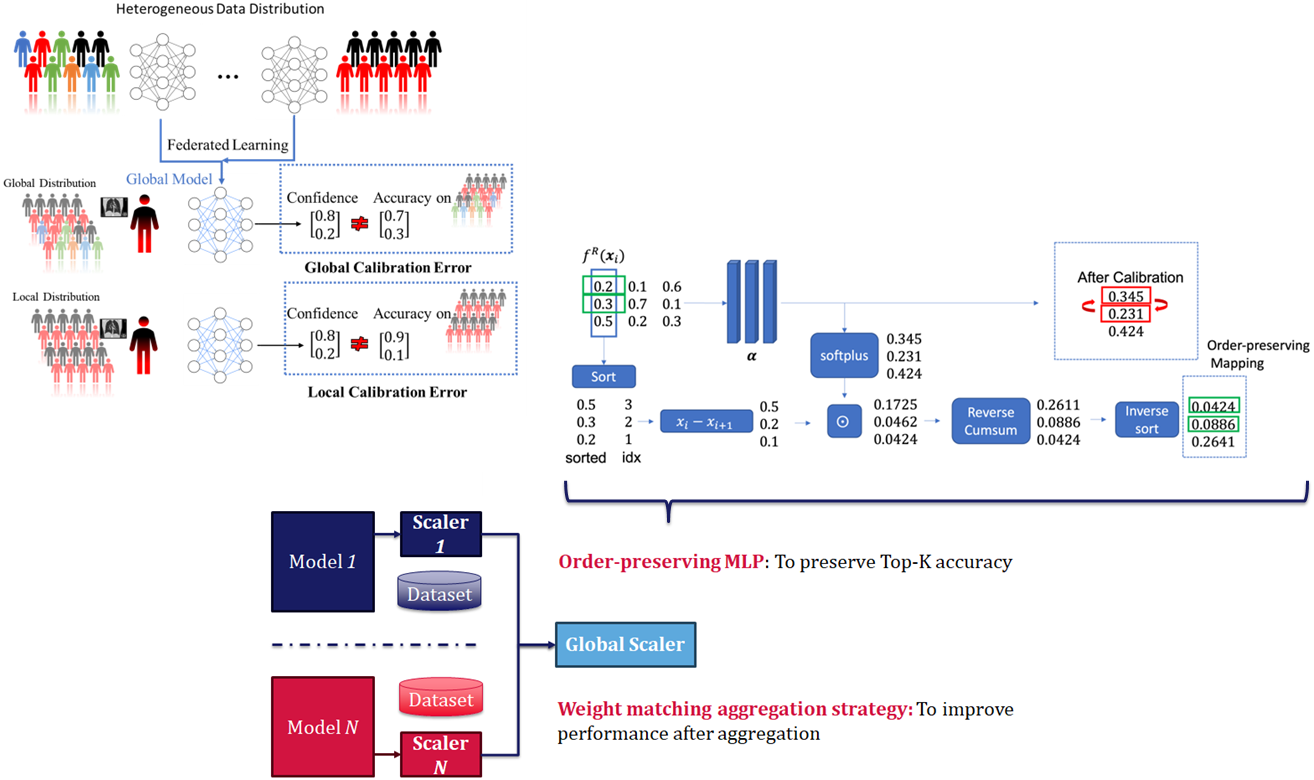
|
Project Title: Local and Global Calibration in Federated Learning via Aggregated Parameterized Scaler Keywords: Model Calibration, Personalization, Privacy-Preservation Introduction:
Publication:
|
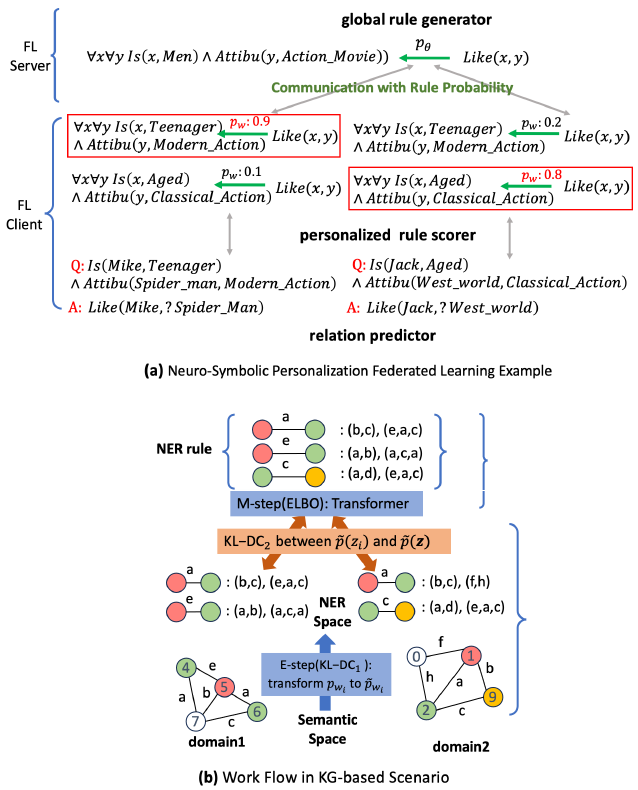
|
Project Title: Federated Neuro-Symbolic Learning Keywords: Explainability, Personalization, Privacy-Preservation Introduction:
Publication:
|
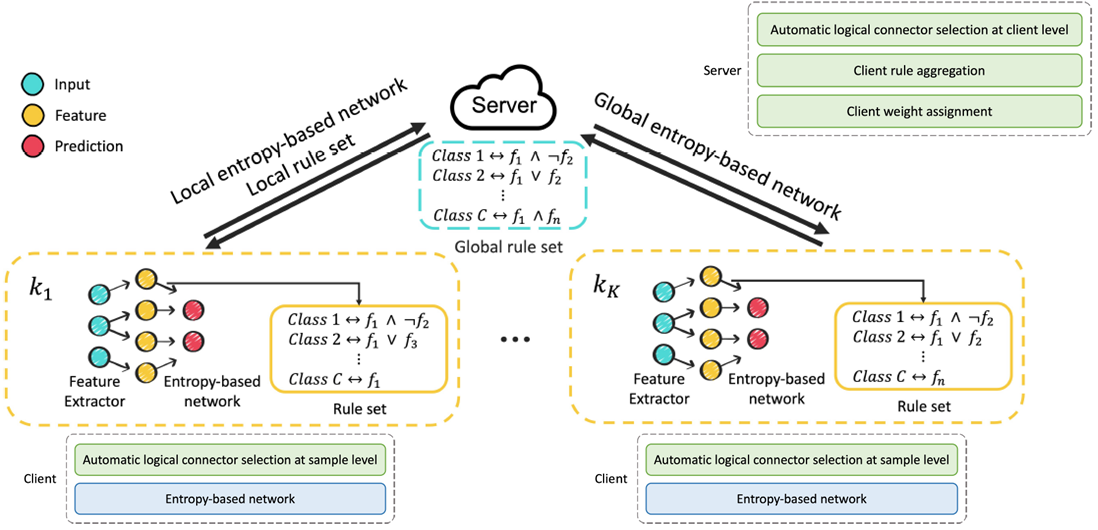
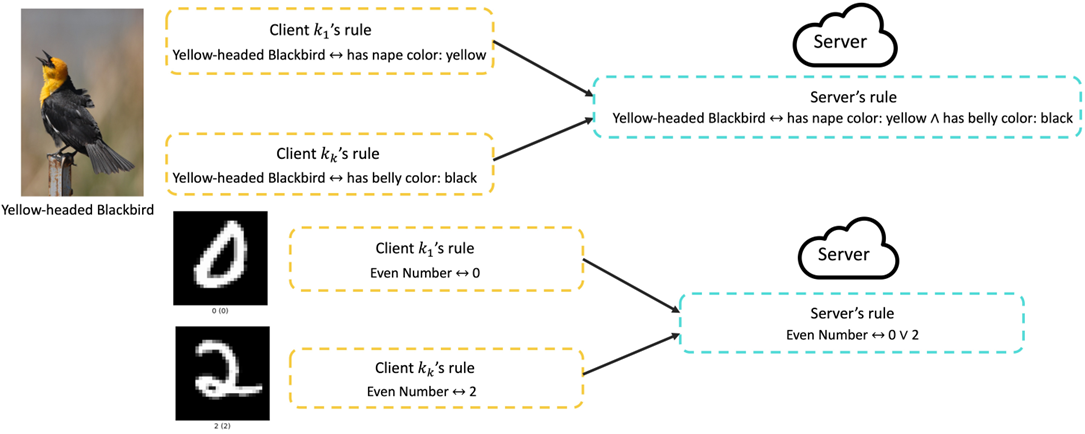

|
Project Title: Federated Neuro-Symbolic Learning Keywords: Explainability, Personalization, Privacy-Preservation Introduction:
Publication:
|
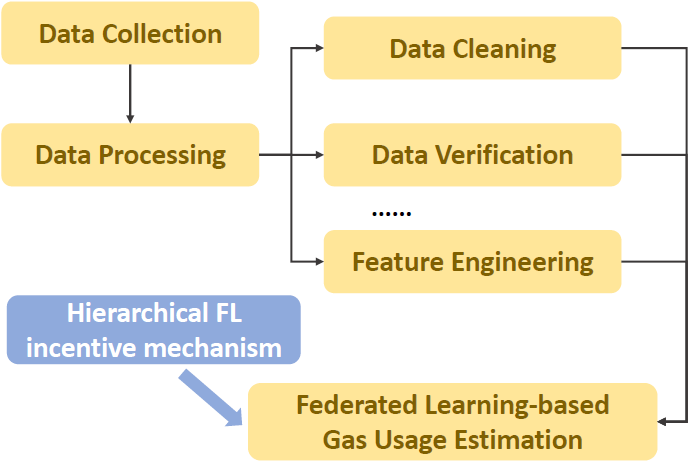
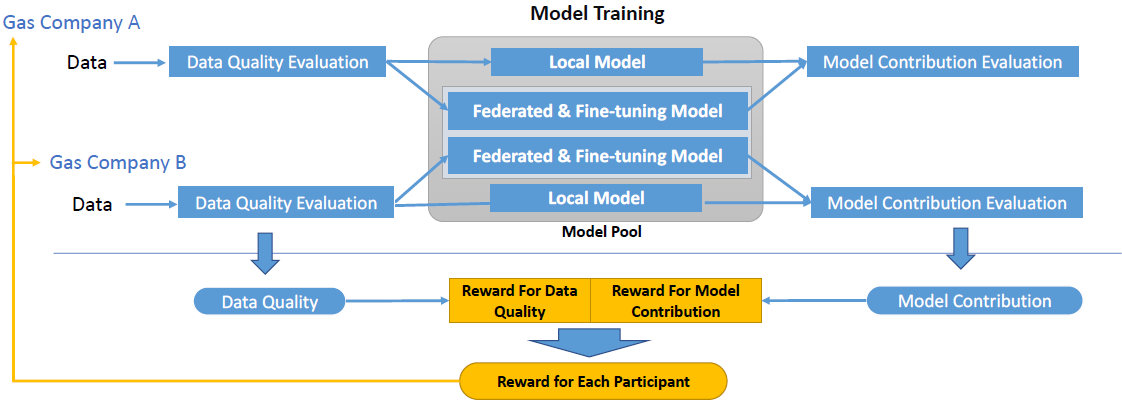
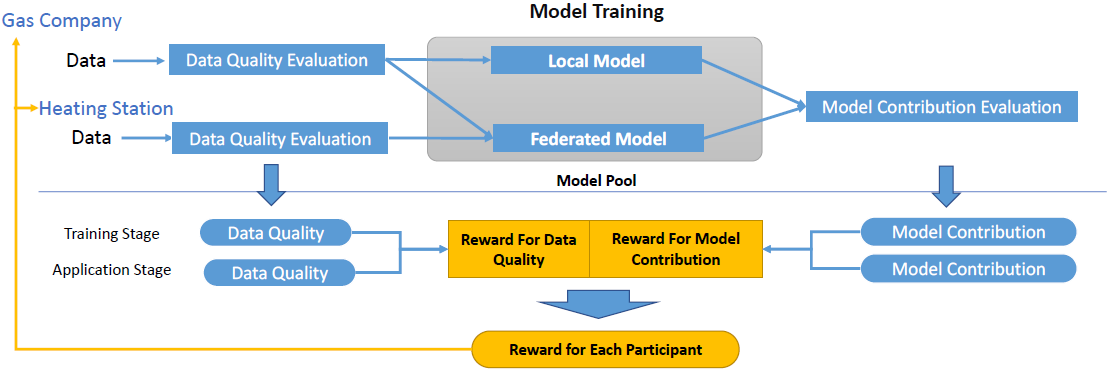
|
Project Title: HiFi-Gas: Hierarchical Federated Learning Incentive Mechanism Enhanced Gas Usage Estimation Keywords: Fairness, Privacy-Preservation, Incentive Mechanism Design, Hierarchical FL Introduction:
Publication:
|
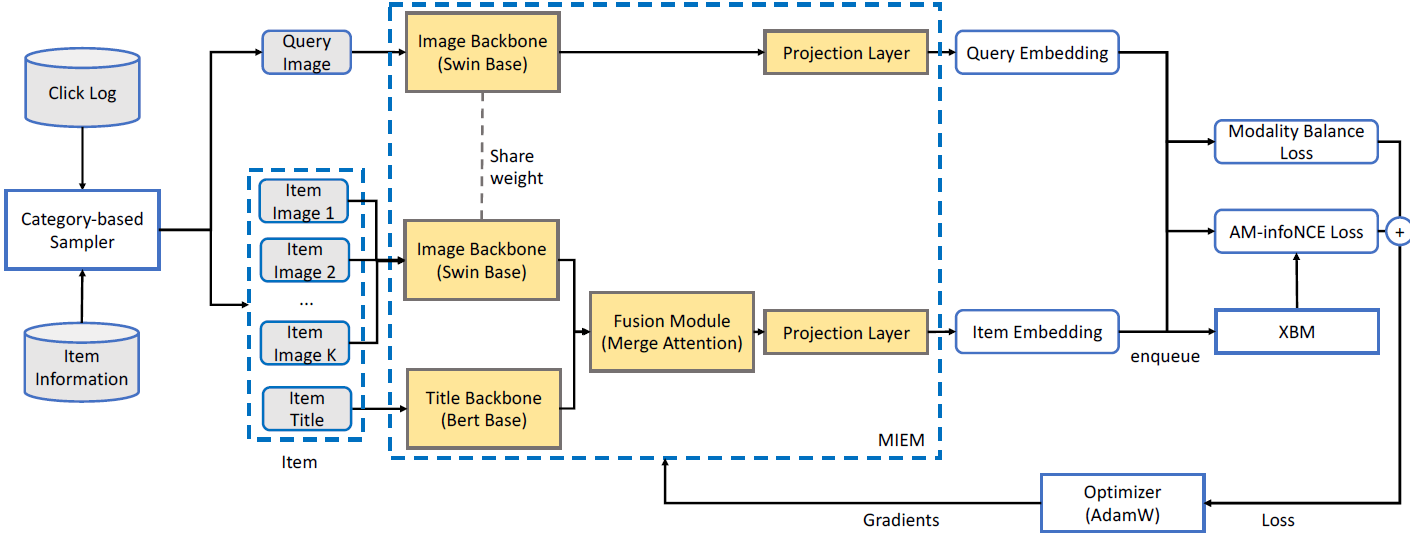
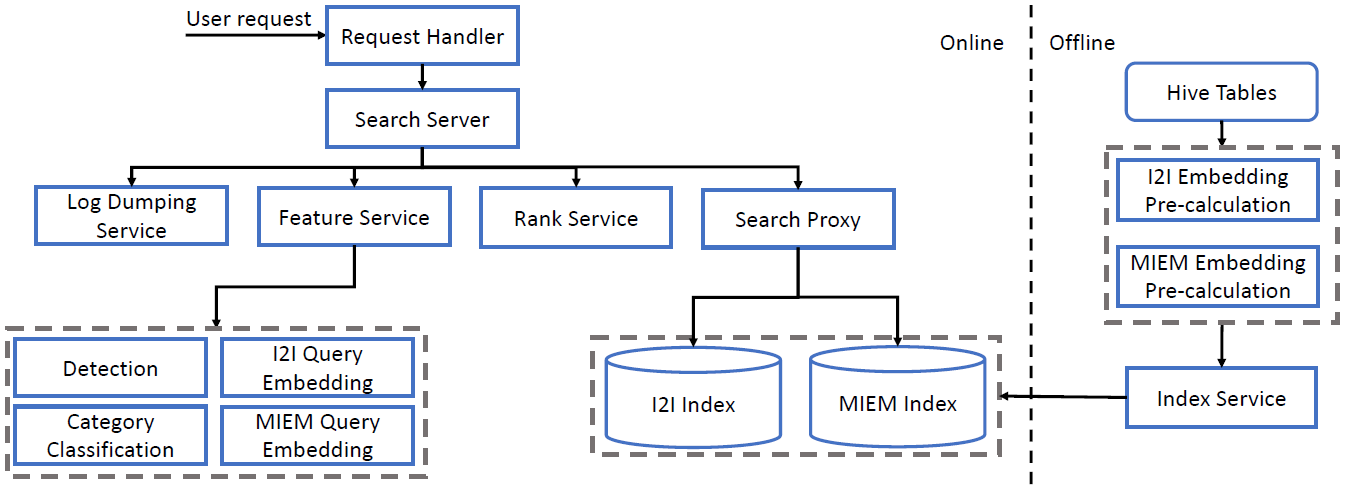

|
Project Title: Transformer-empowered Multi-modal Item Embedding for Enhanced Image Search in E-Commerce Keywords: Foundation Models Introduction:
Publication:
|
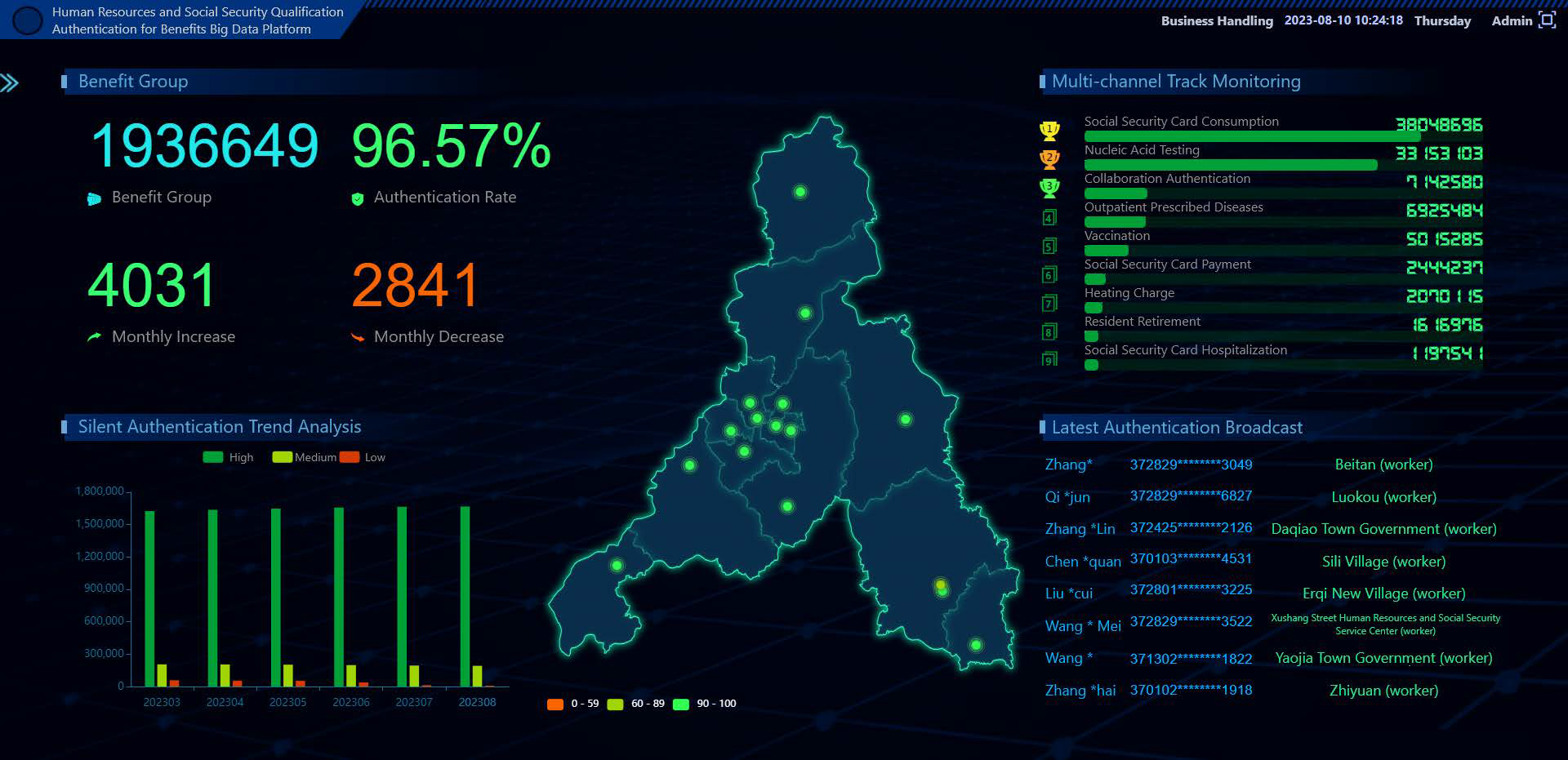
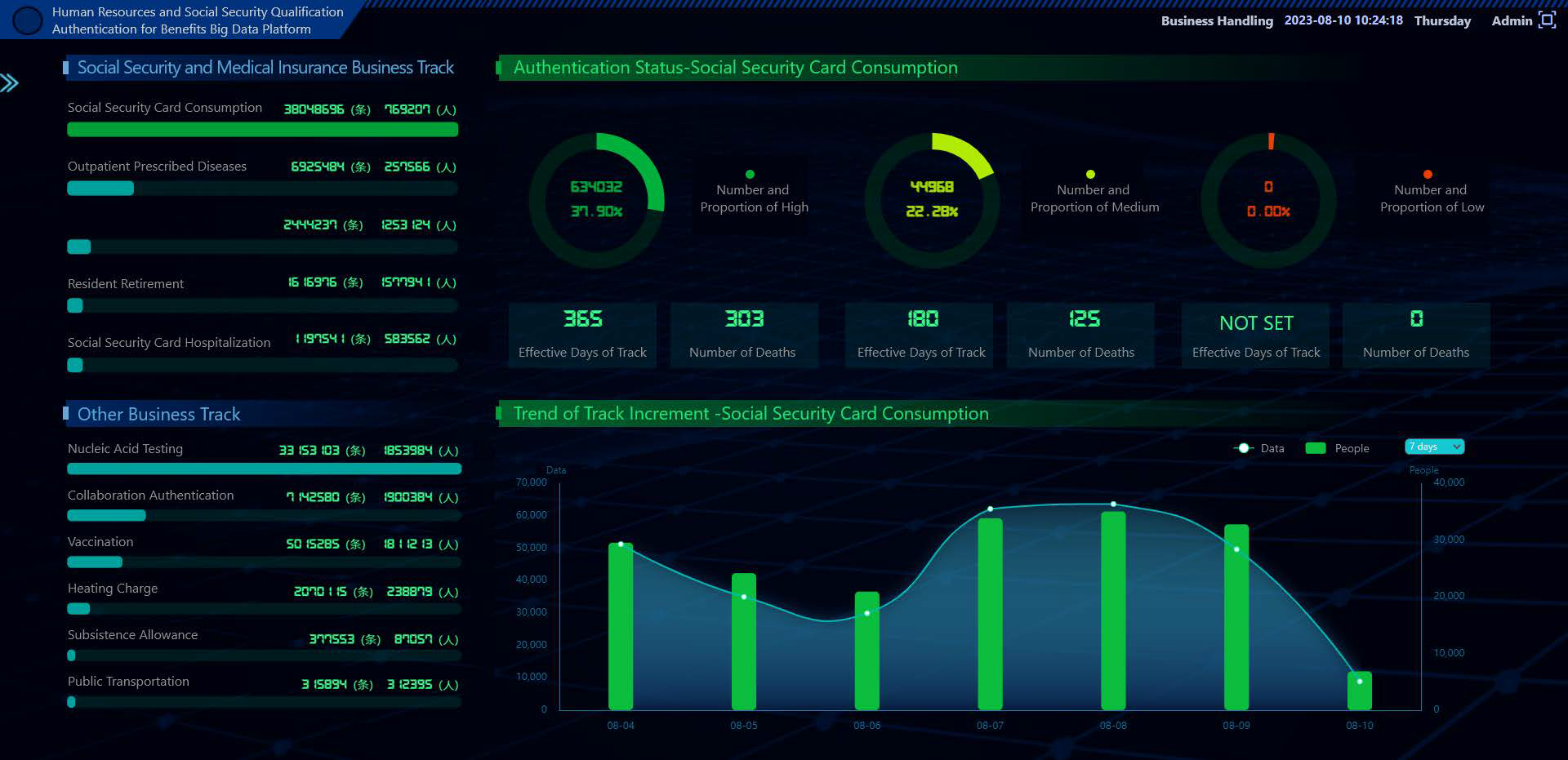
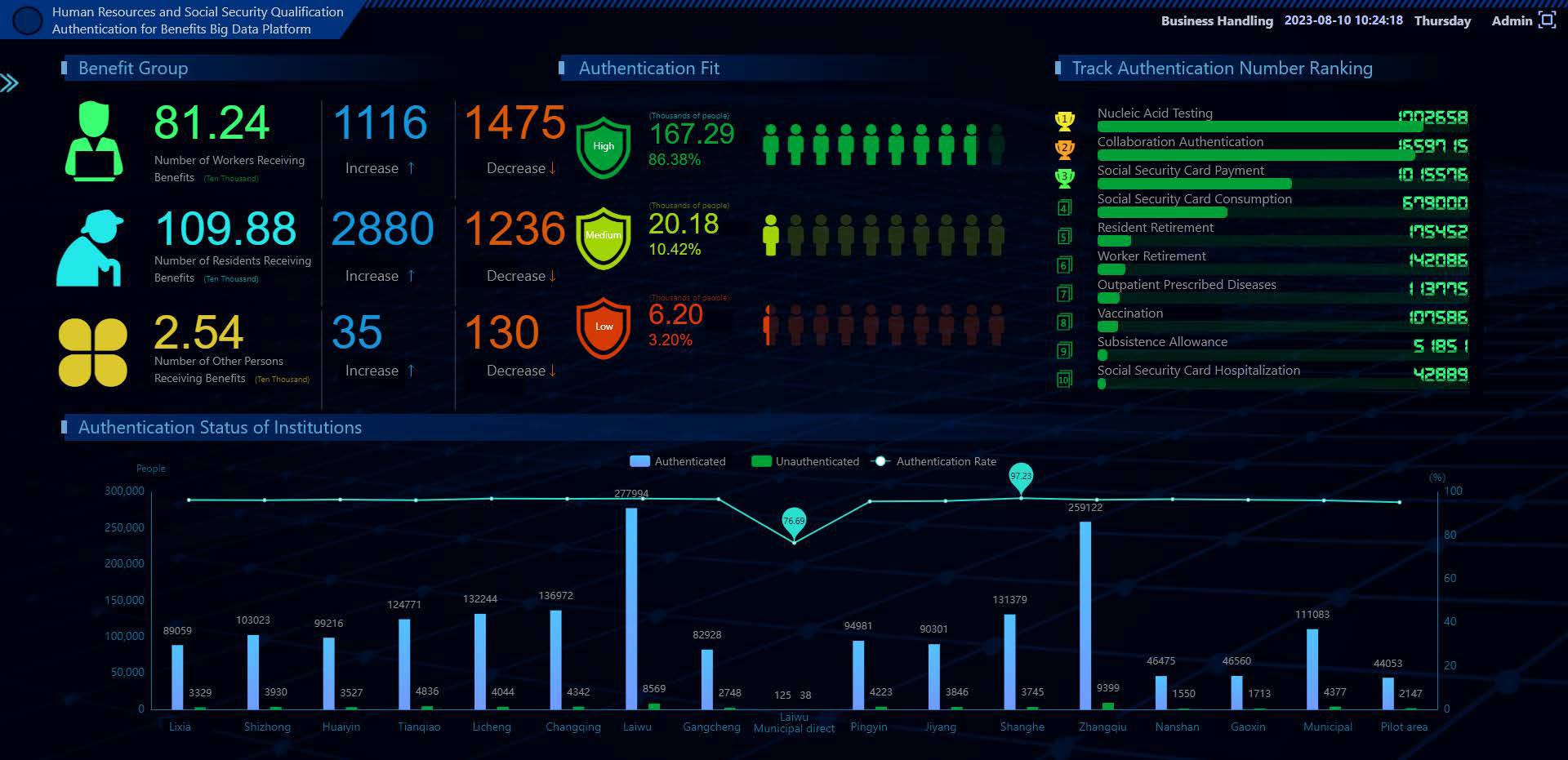
|
Project Title: IBCA: An Intelligent Platform for Social Insurance Benefit Qualification Status Assessment Keywords: Fairness, Explainability, Privacy-Preservation Introduction:
Publication:
|
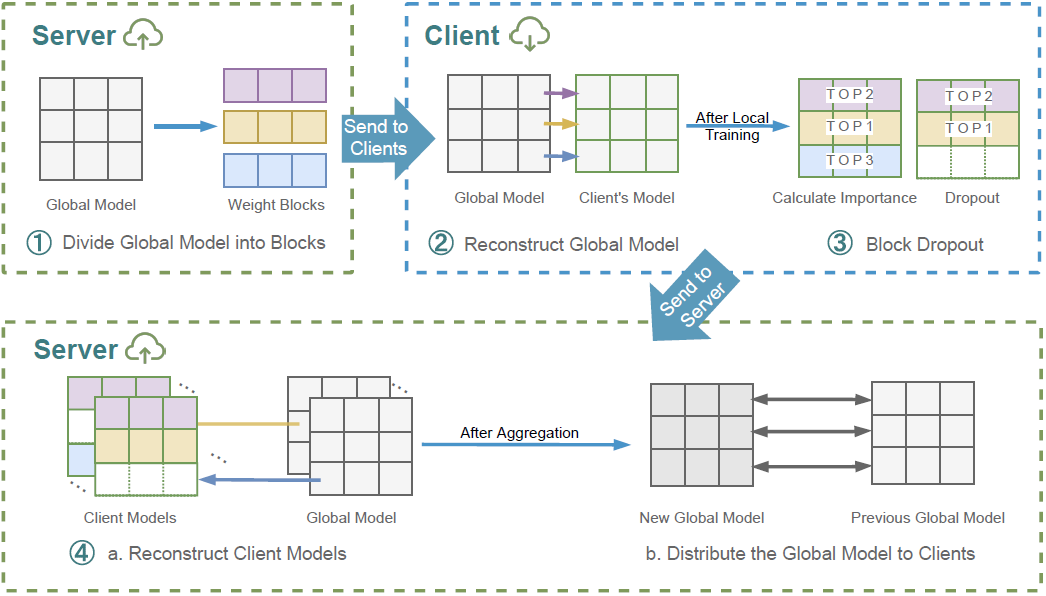

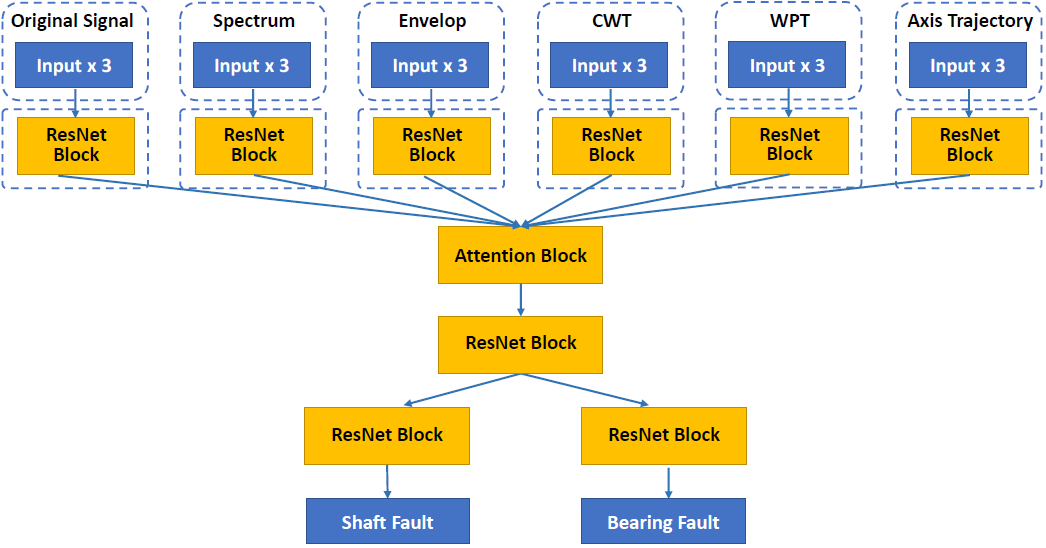
|
Project Title: FedOBD: Efficient Training of Large-Scale Industrial Fault Diagnostic Models through Federated Opportunistic Block Dropout Keywords: Robustness, Privacy-Preservation, Large-Scale Models Introduction:
Publications:
|
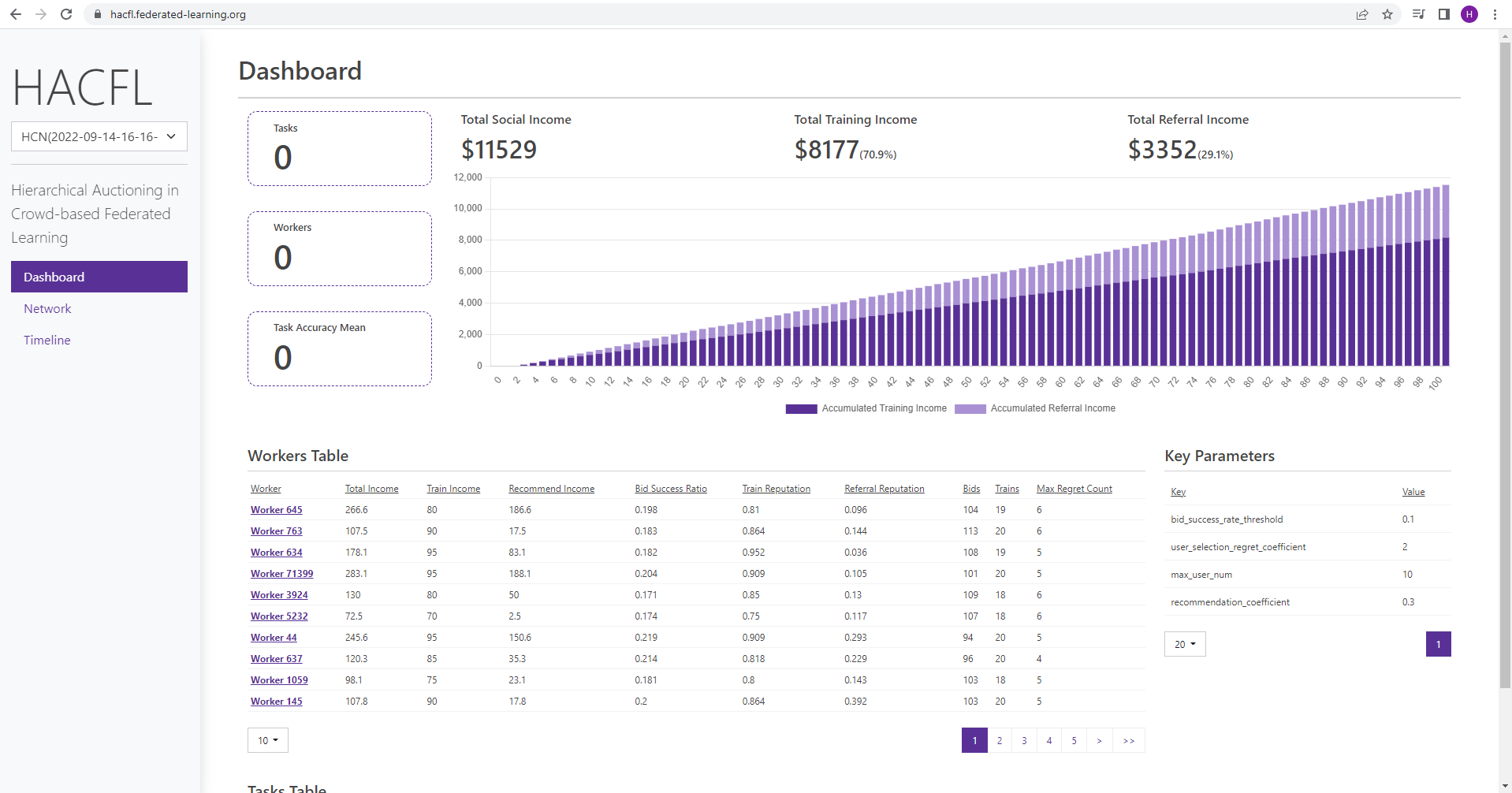
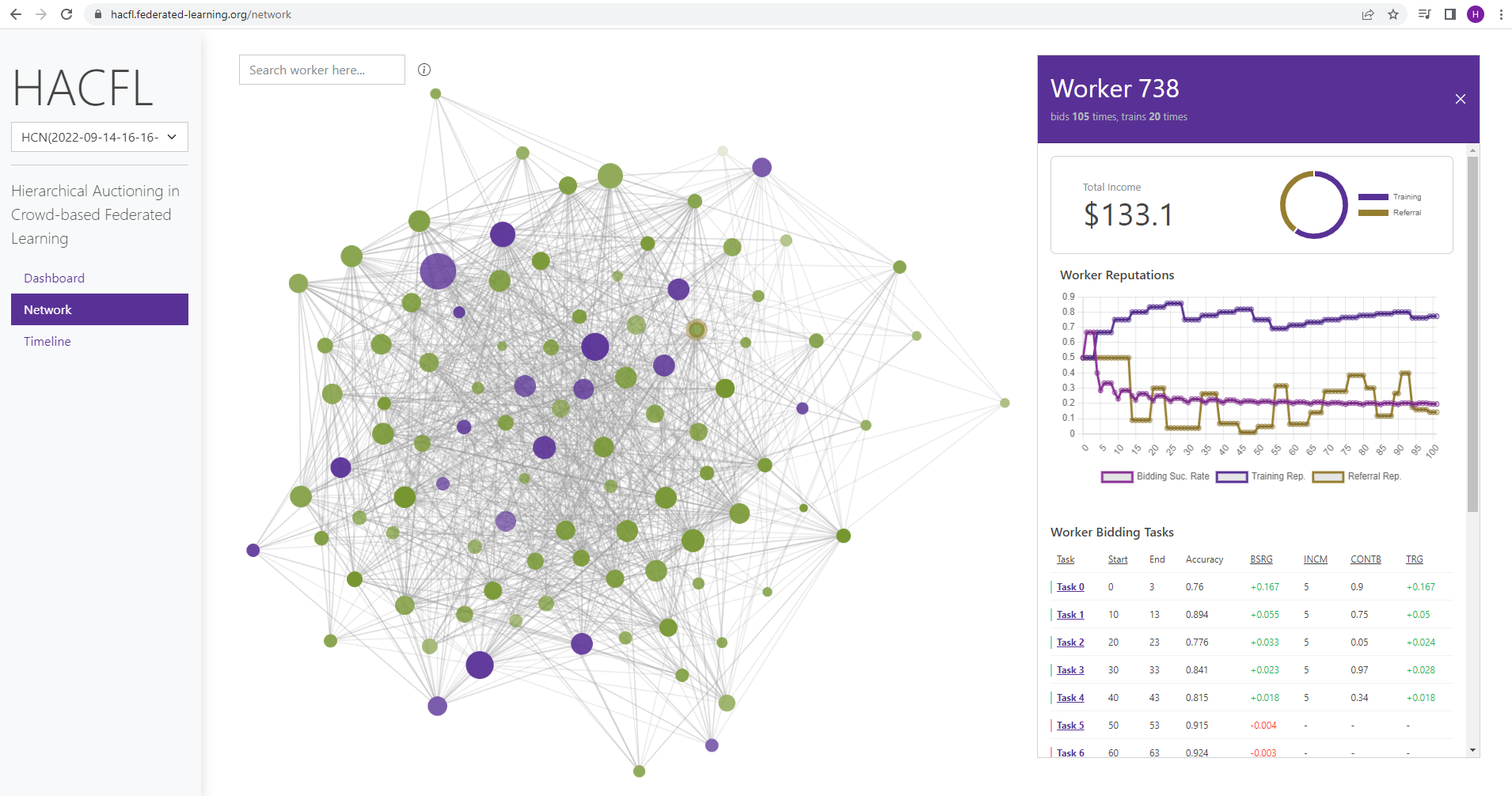
|
Project Title: HACFL: Hierarchical Auctioning in Crowd-based Federated Learning Keywords: Fairness, Privacy-Preservation, Data Valuation, Trading Introduction:
Publication:
|
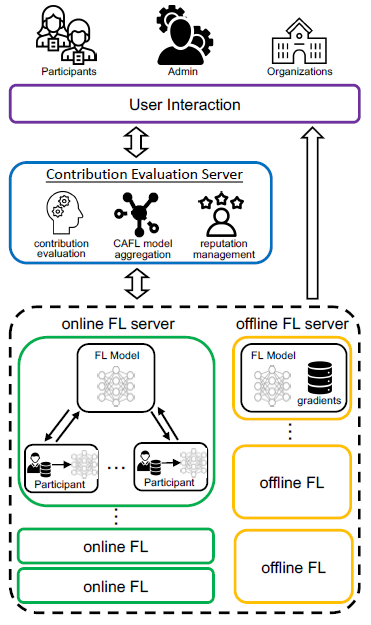 |
Project Title: Contribution-Aware Federated Learning (CAreFL) Keywords: Explainability, Fairness, Privacy-Preservation Introduction:
Publications:
|
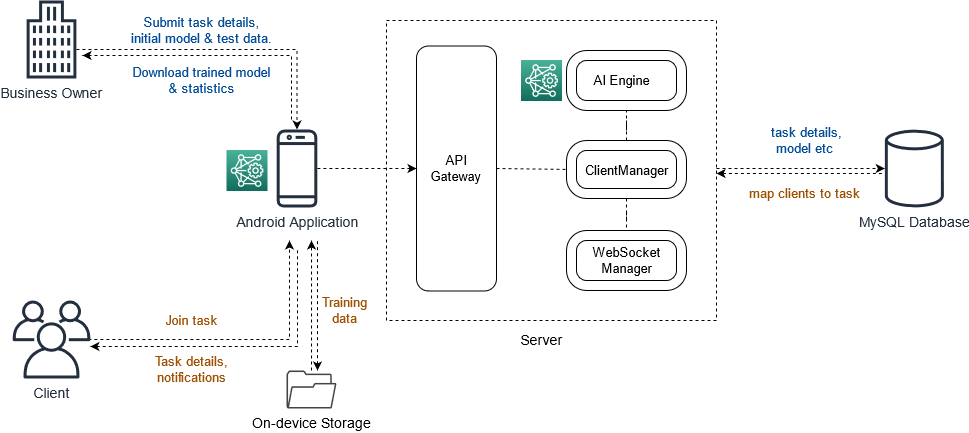

|
Project Title: CrowdFL: A Marketplace for Crowdsourced Federated Learning Keywords: Privacy-Preservation, Data Valuation, Trading, Crowdsourcing Introduction:
Publication:
|
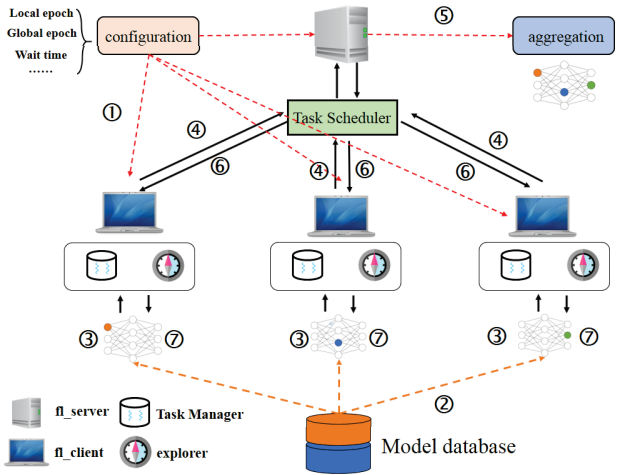
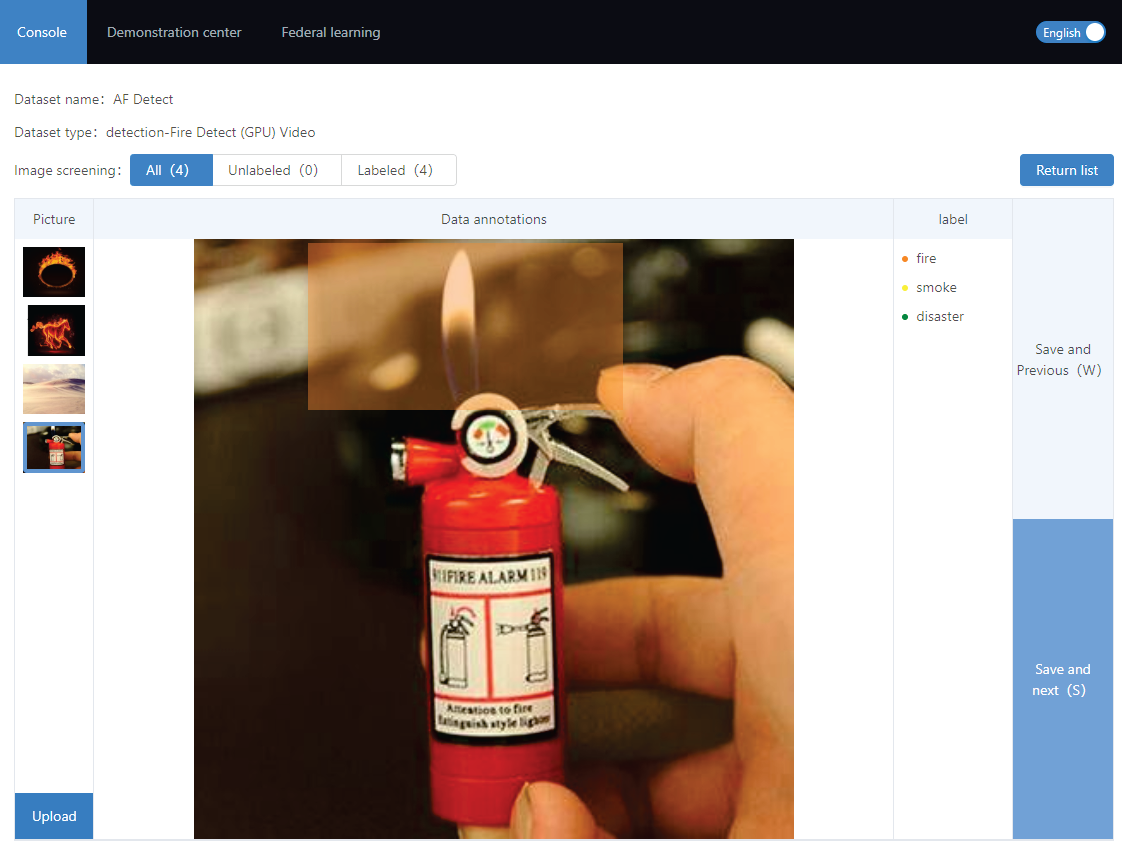
|
Project Title: FedVision: An Online Visual Object Detection Platform Powered by Federated Learning Keywords: Privacy-Preservation, Visualization, Process Management Introduction:
Publications:
|